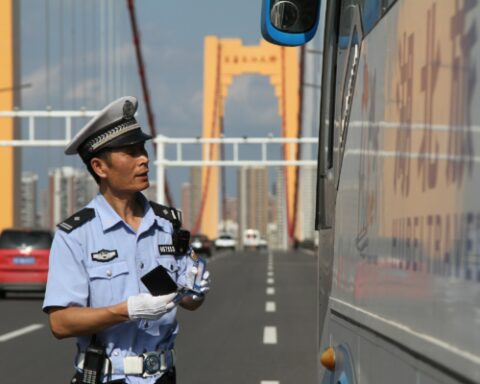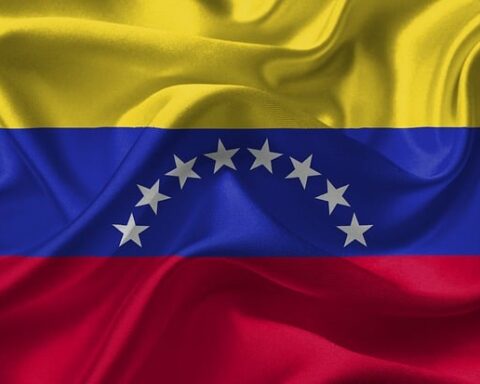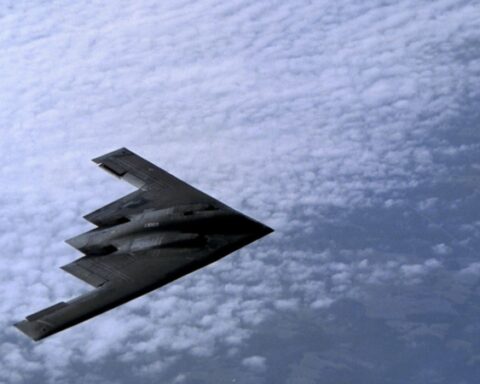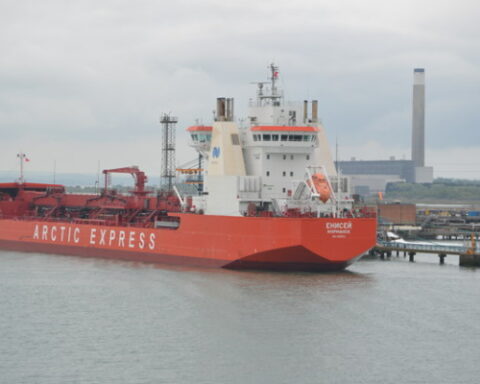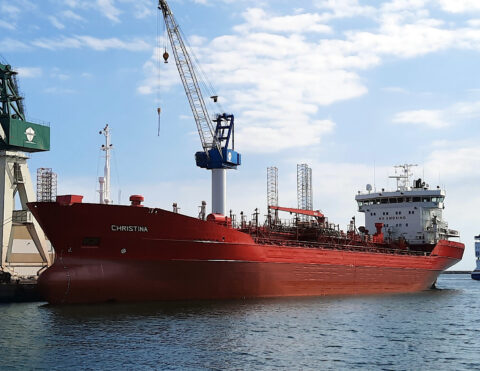Recent Chinese military exercises around Taiwan have reportedly intensified concerns in Taipei and Washington over the island’s heavy reliance on imported energy, underscoring a critical vulnerability that could be exploited in the event of a blockade.
Nearly all of Taiwan’s fuel comes by sea, with liquefied natural gas (LNG) generating almost half of its electricity. Analysts warn that if China cut off shipping lanes, Taiwan’s LNG reserves would be exhausted within days, severely crippling the island’s power supply.
“This could be the Achilles’ heel of Taiwan,” said Sen. Pete Ricketts (R., Neb.), who co-sponsored legislation with Sen. Chris Coons (D., Del.) to secure reliable U.S. LNG deliveries to the island. The bill would also provide insurance for shippers transporting fuel to Taiwan under threat from Chinese interference. Ricketts cited a recent wargame conducted by the Foundation for Defense of Democracies, in which Taiwan ran out of LNG in just 11 days during a simulated blockade.
Taiwan is seeking to reduce this dependence by increasing energy storage and reconsidering its energy mix. Officials have even reopened discussions on nuclear power, despite shutting down their last reactor just months ago.
Yet experts caution that such measures are years away from significantly bolstering the island’s energy security.
“LNG is the real weakness, energy in general, LNG in particular,” said Mark F. Cancian, senior adviser at the Center for Strategic and International Studies (CSIS), which has run a series of wargames examining the impact of a blockade.
These simulations indicate that coal supplies would last roughly seven days, while LNG could sustain electricity for less than two weeks.
A full Chinese blockade, CSIS concluded, would force Taiwan to implement rationing that would ripple through the economy, including the semiconductor industry, whose shutdown could affect global markets. “The real shock is how quickly a low-grade quarantine can expose those vulnerabilities and force Taiwan’s leaders into politically costly rationing decisions,” said Craig Singleton, senior China fellow at FDD. Singleton testified on the issue at a Capitol Hill hearing chaired by Ricketts.
Taiwanese officials suggest the situation may be slightly less dire. A national security official noted that wartime conditions could reduce energy consumption by two-thirds. “If the supply is cut to just one-third of the usual levels, that essentially means most industrial sectors have to go dark,” said Tsaiying Lu, a research fellow on energy security in Taipei.
Even minor disruptions have highlighted the island’s precarious position. Taiwan Power, the electricity provider, reported that on one recent day, generating capacity fell to only 4 percent above peak demand due to routine maintenance and accidents at LNG and coal facilities.
Beyond energy, a blockade would also disrupt other imports. While Taiwan could feed its population for roughly nine months, industrial output would collapse as shipping lanes are cut off, and factories would struggle even if electricity remained available.
U.S. officials remain acutely aware of the strategic stakes. The ambiguity of Washington’s response to Chinese actions—whether overt military attacks or subtler measures like maritime inspections under the guise of “quarantines”—complicates both deterrence and defense planning. “This is the kind of coercion that flies under the threshold of war, but could still bring Taiwan to its knees,” Singleton warned.
The exercises underscore a growing urgency for both Taipei and Washington to address the island’s dependence on imported LNG before any future confrontation with Beijing tests its resilience.
[READ MORE: Macron Under Fire As His Chaos Overtakes French Society]




